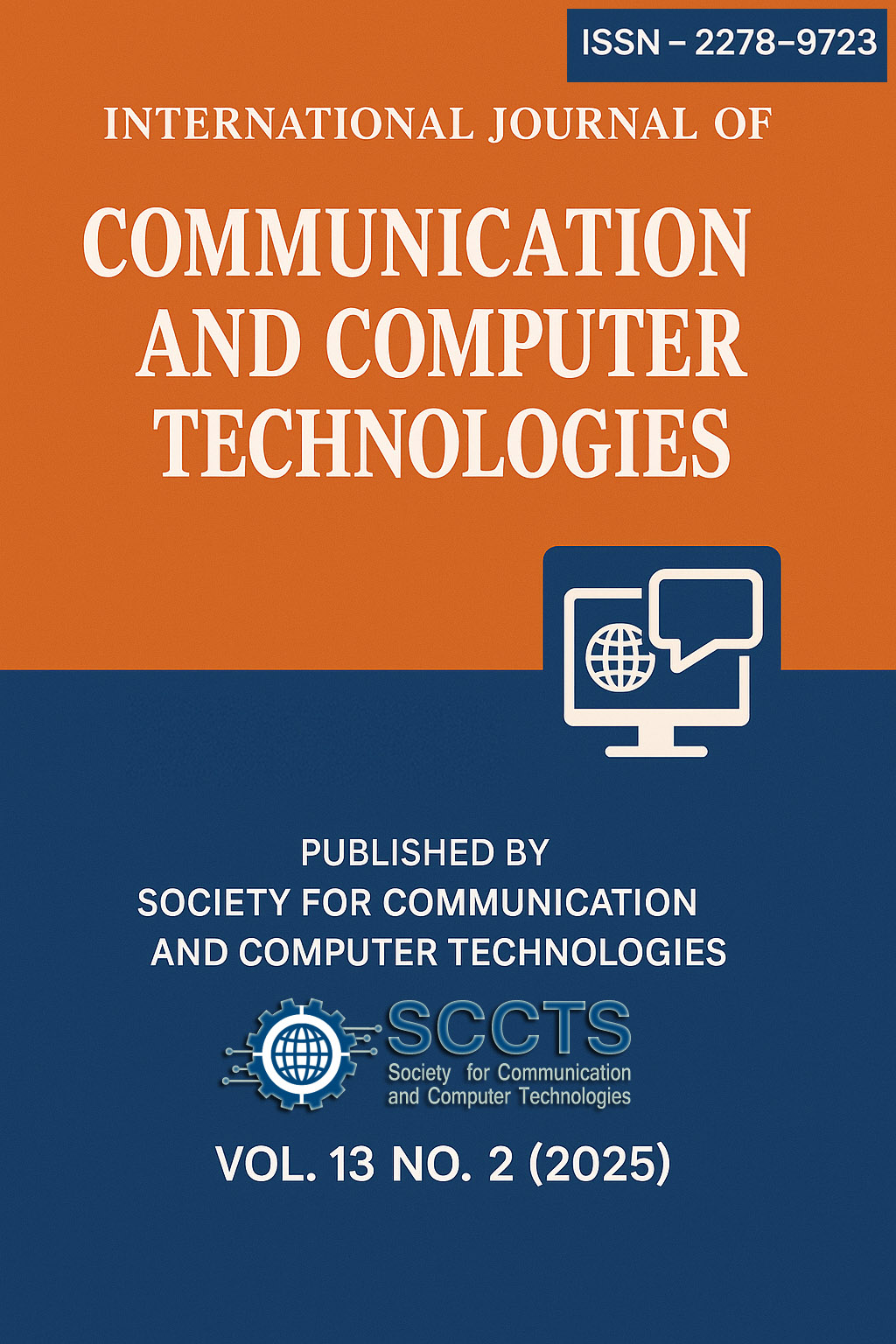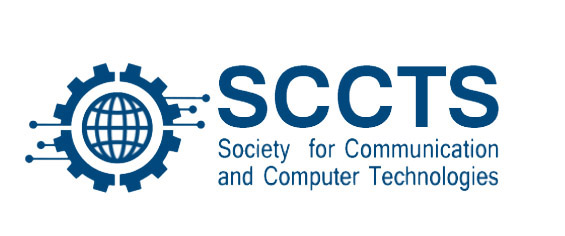Fine Tuning SSP Algorithms for Mimo Antenna Systems for Higher Throughputs and Lesser Interferences
Keywords:
Interference Mitigation; MIMO Systems; Signal Processing; Throughput Optimization; Wireless CommunicationAbstract
This research deals with improving signal processing techniques for largescale multiple-input, multiple-output (MIMO) antenna systems with the goal of high data rate transmission, and low interference in the seventh generation of wireless communication networks. In the current society, MMIMO has shown enhanced improvements in spectral efficiency, capacity and coverage due to its large number of antennas. However, it also posess disadvantages which are an enhanced computational complexity and an interference between the users. This paper inventories linear precoding, minimum mean square error (MMSE) detection and interference alignment to eliminate the interference and to optimize the through put of data. Further, machine learning for adaptive beamforming and channel estimation in the contexts of signal transmission in environments that can vary from one time instance
to another is explored. The performance of these algorithms is then analyzed in simulations and theoretically by comparing their: spectral efficiency, power consumption, and bit error rate (BER). This is shown in the results, which point out that the adoption of advanced signal processing strategies can indeed mitigate interference and improve the system’s throughput of envisaged environments such as 5G and beyond, more specifically, densely urbanized environments with high user density. This work has implications for the creation of better and more efficient massive MIMO systems to allow networks in the future to support the ever-growing need for enhanced and improved communication.
Downloads
Published
How to Cite
Issue
Section
License
Copyright (c) 2024 International Journal of communication and computer Technologies

This work is licensed under a Creative Commons Attribution-NonCommercial-ShareAlike 4.0 International License.





 The articles in Worldwide Medicine are open access articles licensed under the terms of the
The articles in Worldwide Medicine are open access articles licensed under the terms of the 